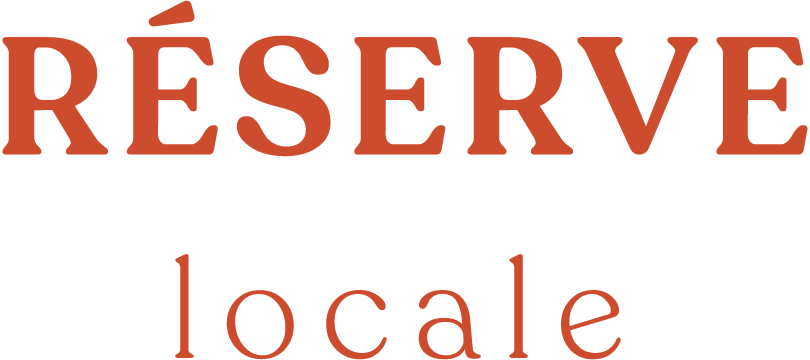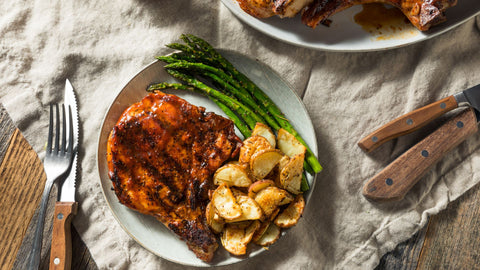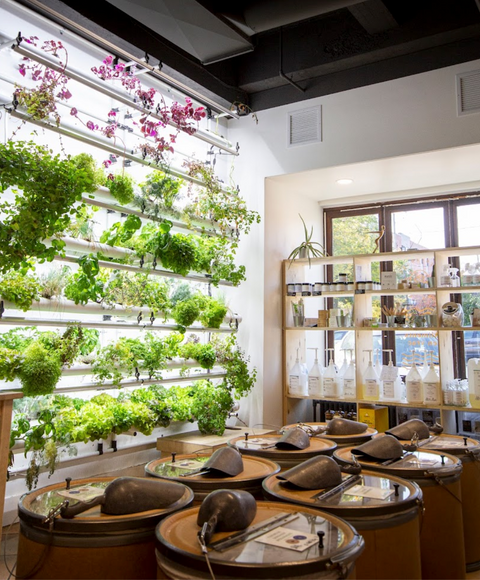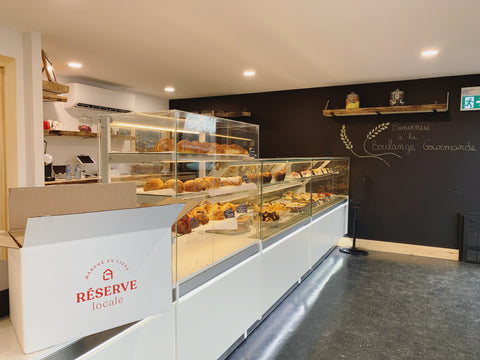Organic costs more on average. This is what reveals a 2020 study carried out by the magazine Linéaires, specializing in mass distribution, in collaboration with Nielsen. In fact, in more than one family of products in five, organic products have an average price at least twice as high as conventional ones. But do you know why organic costs more?
Paying less for so-called conventional products often leads others to pay the difference… not only for your health, but also for the environment and animal welfare.
The higher costs associated with organic
Cost of production, processing and distribution
In terms of production, you should know that yields are lower in organic plant cultivation than in conventional cultivation. Indeed, in organic farming, breeders do not use synthetic fertilizers or pesticides, which leads to slower agriculture. The organic production method also requires more labor (monitoring crops to be able to act at the first signs of disease or pests, manual weeding, etc.). To cover these higher production costs, and make an adequate living from their work, organic producers have no other choice but to sell their products more expensively.
Organic certification
Producing and marketing organic products also involves regular checks and certification. These controls, carried out by independent certifying bodies such as Ecocert, are essential for organic certification, whether the product bears the AB label or not. This, of course, represents an additional cost, which is reflected in the price of the product.
More expensive quality ingredients
In organic, the volumes of processed products are often low. Small manufacturers do not produce and market the same quantities as large conventional agro-food groups. They therefore cannot, or practically cannot, achieve the same economies of scale as what manufacturers, with a large production volume, achieve.
On the other hand, producing meat, such as organic pork, is more expensive than producing their conventional equivalent, due to the price of the ingredients. For example, to benefit from the AB label , chemical additives are prohibited and ingredients of agricultural origin must be 95% organic. Breeders must therefore use natural additives which have higher costs than chemical additives due to their superior quality and the difficulty of accessibility.
Animal respect
No growth agents or antibiotics are used in organic pig farming. The food is composed exclusively of organic, non-GMO vegetable cereals. Each animal follows a natural growth rate and reaches full maturity. Additionally, pigs live in large indoor spaces and have access to the outdoors. Animals are treated with special care on farms, during transportation and in processing facilities. Paying this particular attention to animal respect brings additional costs: organic food for animals costs much more, pigs have more space, therefore the building is less full, standards for disease control are higher, etc. . In addition, the organic sector must support strict standards which guarantee production free of contaminants found in particular in the conventional sector.
Respect the environment
Organic pork complies with the principles of sustainable development. Indeed, strict breeding practices help preserve our environment. When producing organic food, the pastures where animals graze should not have been chemically fertilized. This helps preserve a diversity and abundance of species such as microorganisms in the soil. Microorganisms are what keep the soil alive and keep the soil healthy. The richness of organic matter improves the physical characteristics of soils: increased structural stability, better porosity, higher water retention capacities, etc. The latter allow greater resistance of crops to drought. In addition, organic practices make it possible to contribute to the fight against global warming on the one hand by limiting polluting discharges and on the other hand by storing more CO2 in the soil. Thanks to healthy microorganisms, soil has the ability to trap carbon dioxide out of the atmosphere, which is extremely beneficial to the environment in the long term. As mentioned above, the products and techniques used to preserve the quality of soil and the environment are more expensive than the chemicals used in intensive livestock farming.
Pork from Viandes Bio de Charlevoix
Raised according to the principles of organic farming, the pigs at Les Viandes Bio de Charlevoix are fed feed grown on the farm and have access to a large outdoor space, as well as enclosures lit by natural light. They have access to fresh air and can roll around in the mud, like any good happy pig!
The breeding building has abundant windows and the animals have access to a minimum of 6 hours of darkness for rest. From June to October, fattening pigs can go out into outdoor enclosures. In addition, the piglets benefit from a water-heated floor thanks to their biomass furnace. This greatly increases their comfort compared to lamps for example.
Since parturition is a critical period and conventional cages are not permitted in organic farming, Les Viandes Bio de Charlevoix uses triangle cages. These enclosures allow the mother to turn around while reducing her movements. This prevents the little piglets from being crushed. In addition, the pigs do not experience any physical alteration, such as teeth and tail trimming, which is unfortunately systematic in conventional breeding.
Pork from Ferme duBreton
It is by practicing certified farming methods, which go well beyond industry standards, that duBreton can offer pork products of exceptional quality. Tasty meat that respects consumer values.
This farm firmly believes that transparency is the best guarantee of trust. Each of the certifications they have chosen to adhere to is verified annually by an independent auditor who scrutinizes duBreton's facilities, equipment, processes and methods. They are engaged in an innovative path which considers agriculture and the environment as a whole to be developed to ensure its sustainability and offer a product which respects their values and those of consumers.
Our non-certified “organic” pork
We want to offer a wide variety of products to our customers and therefore offer them the possibility of choosing between organic or non-organic pork products. This is why we offer a multitude of choices on our online store. Organic pork exceeds industry standards, but it is important to know that our choice of pork that is not organic is, all the same, based on eco-responsibility, sustainability and traceability. We encourage independent farms that are not part of the conventional breeding farm group. Conventional pork, which is found in most grocery stores, is not and never will be what we will offer our customers.
In fact, we offer certain pork products that come from the Rang 4 farm . This partner farm, although not organically certified, uses unconventional breeding techniques that prioritize the well-being of animals and the environment.
Rang 4 is one of the rare Quebec companies to control each stage of breeding, including slaughter, processing, distribution and marketing. The company's buildings are located within a radius of only one kilometer, which allows the animals to avoid the long hours of driving to the slaughterhouse, thus significantly reducing their stress levels. The Forget family (the founders of this family business) raises pigs on a grain diet, without the addition of antibiotics or growth hormones.
In short, if we had to answer the initial question: Is it really worth paying more for organic pork? Our answer would be: OBVIOUSLY! However, if you don't want to buy organic, but still want to make a difference in the industry, there are several unconventionally farmed products that allow you to make a change. By consuming products from local and responsible farms, you can support breeders who are trying to disrupt the industry by practicing more sustainable, responsible and animal-friendly farming.
With all the benefits that organic and unconventional farming can bring to your health and the environment, it may be worth the “cost” of paying more!
To discover our pork products, click here !
Source used for writing this article:
Beautru, Amaury. (2020). Organic, in reality 75% more expensive. Linear. https://www.lineaires.com/les-produits/le-bio-en-realite-75-plus-cher?sso=1588761764 .






Comments (0)
There are no comments for this article. Be the first to leave a message !